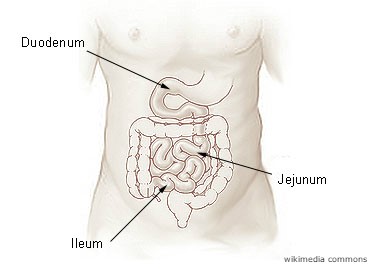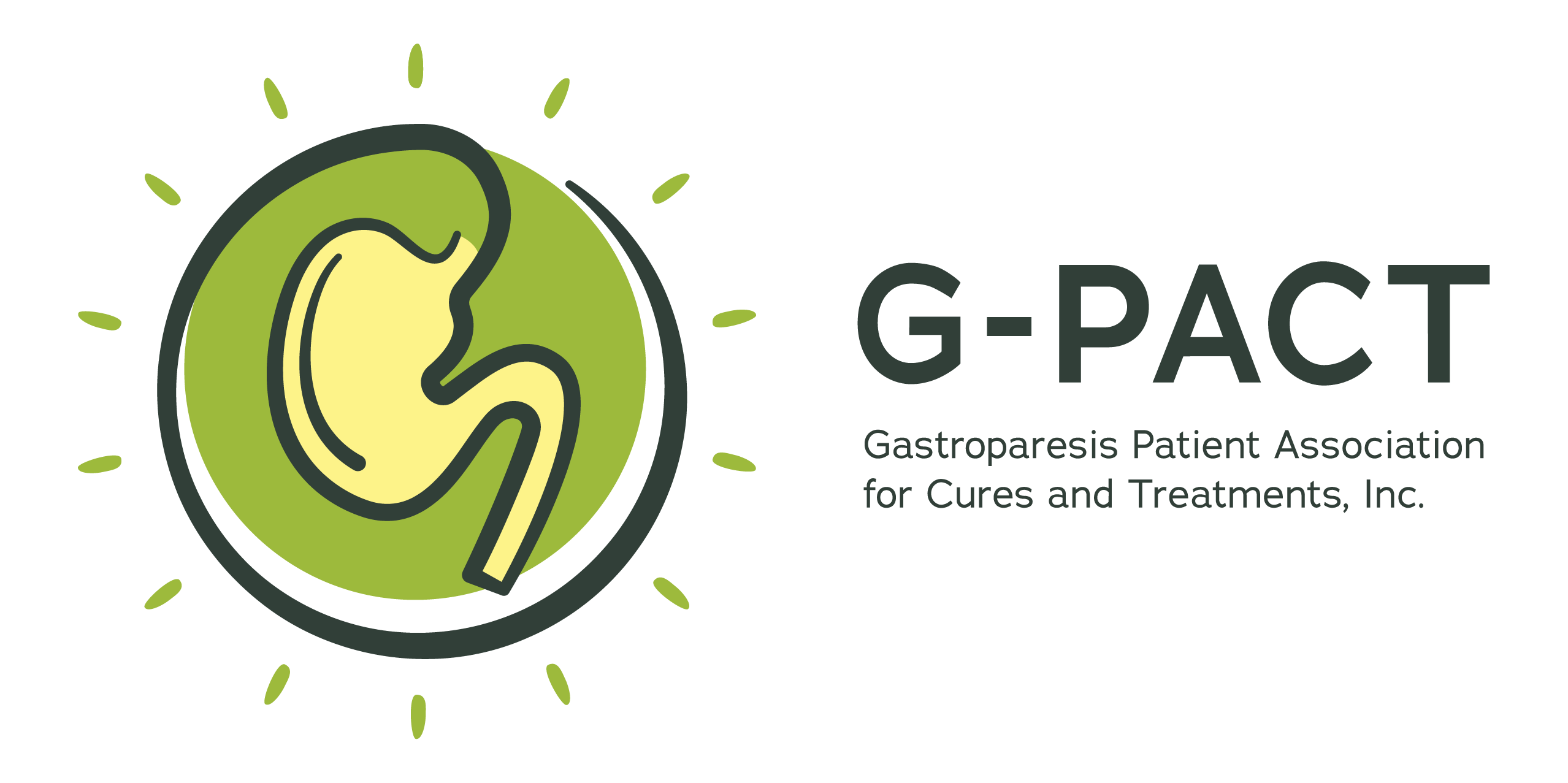By Rita Griffin
Skateboarding My Way to Health: Johnathan’s Journey with GP
Barbados, a Caribbean paradise that invites travelers to its magnificent beaches, is home to a courageous thirteen year-old boy, who is battling gastroparesis. His story is an inspirational and uplifting one, of how a young person can face difficult challenges with grace and determination.
Gastroparesis, a rare under-served disease often associated with young women, has no respect of persons. According to digestivedistress.com, “The National Institute of Health in the United States has declared that 5 million Americans are afflicted.” Of this staggering number one-third are idiopathic, meaning that there is no clearly identifiable cause for the illness. Even though the majority of sufferers are female, many males are being diagnosed from young to old.
Johnathan began his journey with GP in 2014 when he was only ten years old. He started experiencing constant vomiting and nausea. He was taken to five doctors in Barbados, but they could not figure out what was wrong. Johnathan stated, “One doctor thought it was constipation and gave me a laxative, luckily my family stopped giving it to me and took me to another doctor.”
He also suffered with acid reflux, and this added to the distress of vomiting and nausea. So, his parents brought him to the United States to the Arnold Palmer Hospital, where numerous tests were done. Johnathan explains, “After a 24 hour motility test at the hospital, the specialist indicated that the antrum of my stomach had flat lined, and that I had no activity. It was severe gastroparesis and no medicine had an effect on me.”
Despite hearing such devastating news, Johnathan’s parents helped him learn how to cope with his sickness. They were his mental support with care and understanding. Besides, he was only ten years old when he started getting sick, and his future had not been mapped out. When he heard this devastating news, Johnathan was just a young boy who wanted to skateboard and go to school.
He was in the top of his class. Due to his challenges with GP, he missed two years of school. Yet, he never gave up! He was determined to achieve and to live, a determination which is crucial to overcoming any obstacle in life, especially a debilitating illness.
He was formally diagnosed in February 2014. Though he knew the cause of his vomiting and nausea, he got progressively worse. He was taking Reglan and it worked for only three months. He started vomiting again with bad stomach pains, causing him to lose weight. “I spent a month in hospital in October 2014 and they put a GJ tube in me to feed, as nothing would stay down and I only weighed 54 pounds.”

A GJ tube or Gastro-Jejunal is often used in severe GP patients. It is placed in the stomach and attached to the jejunal portion of the small intestine. From November 2014 to last September (2015), Johnathan could not eat, and was fed through the GJ tube for 18 hours a day. Courageously, he says, “ I got accustomed to walking with my milk either in a bag or walked around pulling my IV feeding pole.” Johnathan did not allow his circumstances to dictate his life. He amazingly endured the inconveniences of the feeding tube, and persisted with a positive attitude of getting well.
Last September (2015), he was fitted with a Gastric Pacemaker or Stimulator, and was taken off the GJ tube. This electrical device provides mild electrical stimulation to the lower stomach nerves. According to the California Pacific Medical Center, this device is placed below the rib cage in the abdomen, and mild electrical pulses are transmitted through a neurostimulator encouraging the stomach to contract, and to help relieve nausea and vomiting. This procedure worked for a month before Johnathan’s symptoms returned. He had to travel from Barbados to the hospital in the states to have the stimulator adjusted. The device would work for a short while and then the symptoms of vomiting would return.
The pacemaker was not having a lasting effect on Johnathan’s gastroparesis, so he discontinued its use and went back on the feeding tube. This therapy is reversible, and can be turned off at any time by the specialist. During this time, he had to go back to the hospital and it was discovered during several tests that the leads for the pacemaker were placed too low on the stomach, and needed to be higher to have a better effect. The changes were performed in April; however, he developed an infection so in May, they removed the pacemaker and sanitized the area. The pacemaker was replaced. Johnathan says, “I have been feeling better since May.” He was able to return to school after missing two years.
The pacemaker is working greatly according to Johnathan’s father. The feeding tube is also used just for insurance. Johnathan is not taking any medication other than an antacid once and a while, and Zofran for occasional nausea. “I am able to eat breakfast, lunch, a snack, and dinner. Some days I do not feel hungry at meal time. I also feel nausea sometimes, but much less than before.” His enthusiasm and passion for skateboarding is his therapy. Now, he is able to skateboard for 2-3 hours a day. He has also resumed his schoolwork and is doing quite well.
His favorite movie is Miracles from Heaven, about a young girl suffering from a rare digestive disorder who finds herself miraculously cured after surviving a terrible accident. The movie was very similar to what Johnathan experienced with GP, except as he points out, “My miracle came in the form of a pacemaker.”
Johnathan’s hope and courage is an inspiration for how we can overcome the challenges life presents. His determination is summed up in these words of encouragement: “Always believe in the person suffering with GP. It is frustrating when a doctor tells you that it may be in your head, when they do not know what is wrong. Research is the key towards understanding the illness and searching for a solution. Always keep fighting and remain positive. Life will get better with the right treatment. Never give up!”
Related sources used:
www.cpmc.org (California Pacific Medical Center)
Rita Griffin is a Georgia native. She has a Bachelor of Science degree in Psychology and worked for the Georgia Department of Transportation for 15 years. She loves studying the Bible, reading, traveling, writing, and meeting people. Rita has published 4 books of poetry. She is married with two sons. Rita is a volunteer writer for G-PACT.


Hi Johnathan, you are indeed a very special little soul. I am inspired by your bravery and maturity in the way you handle your situation.
Your story is one to be told in the form of a book that will help to encourage other children suffering from the same or similar illnesses.
May God continue to bless you with optimal health.
LikeLike